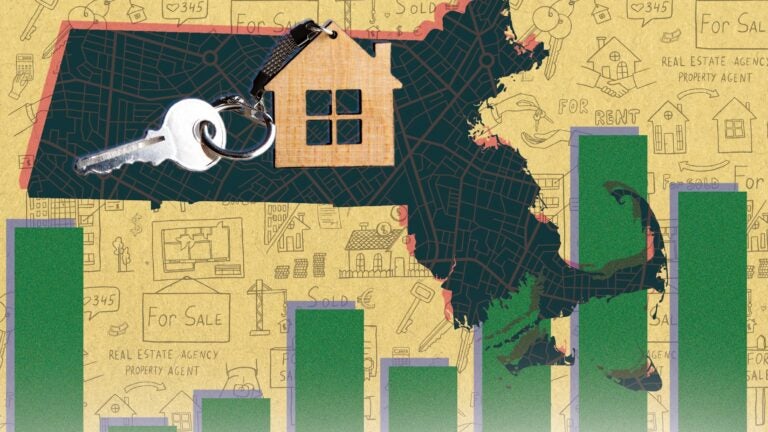A
dobe Stock
Affordability pressures already weigh on the housing market, and a rise in inflation could further cool buyer interest as the market enters its slower season. Inflation edged up in September, but the increase is unlikely to stop the Federal Reserve from cutting short‑term rates at its upcoming meeting.
According to the U.S. Bureau of Labor Statistics, the Consumer Price Index rose 0.3 % from August to September and 3 % year‑over‑year—its fastest annual pace since January. The jump was largely driven by a 4.1 % month‑over‑month rise in gasoline prices.
Fed rate cut still likely: Analysts expect concerns about a softening labor market to outweigh the price uptick, prompting a rate cut on Oct. 29, says Sam Williamson, senior economist at First American. The Fed’s first cut of 2025 came last month, and while some forecast up to three cuts before year‑end, officials remain split on the pace of easing, leaving a December cut uncertain and data‑dependent.
December cut less certain: The ongoing federal shutdown means the BLS may not release an October inflation report, and the September CPI could be the only data available until the government reopens. The absence of key metrics makes it harder to gauge labor and price dynamics.
Impact on real estate: Short‑term rate cuts can improve affordability, but they also signal labor market weakness that could fuel higher inflation—especially if businesses cannot shield consumers from tariff‑related price hikes. “Inflation still erodes household budgets and savings, limiting how quickly demand can rebound,” notes Jake Krimmel, senior economist at Realtor.com. “A robust, confident consumer and labor market is the foundation for a sustained housing recovery.”
Consumer sentiment remains weak. A recent WalletHub survey found 78 % of respondents believe now is not a good time to borrow, and 59 % say a quarter‑point rate cut would not change their situation. While government data usually guides Fed policy, 58 % of respondents distrust it. Two‑thirds view inflation as a bigger threat than the job market, and 78 % worry more about losing money to inflation than about AI displacing jobs.













